Playing with fire: We are not just breaking heat records, we are smashing them
The extreme weather events witnessed across the globe have been predicted for decades. Climate expert Mike Berners-Lee explains how we got here – and what we should do about it

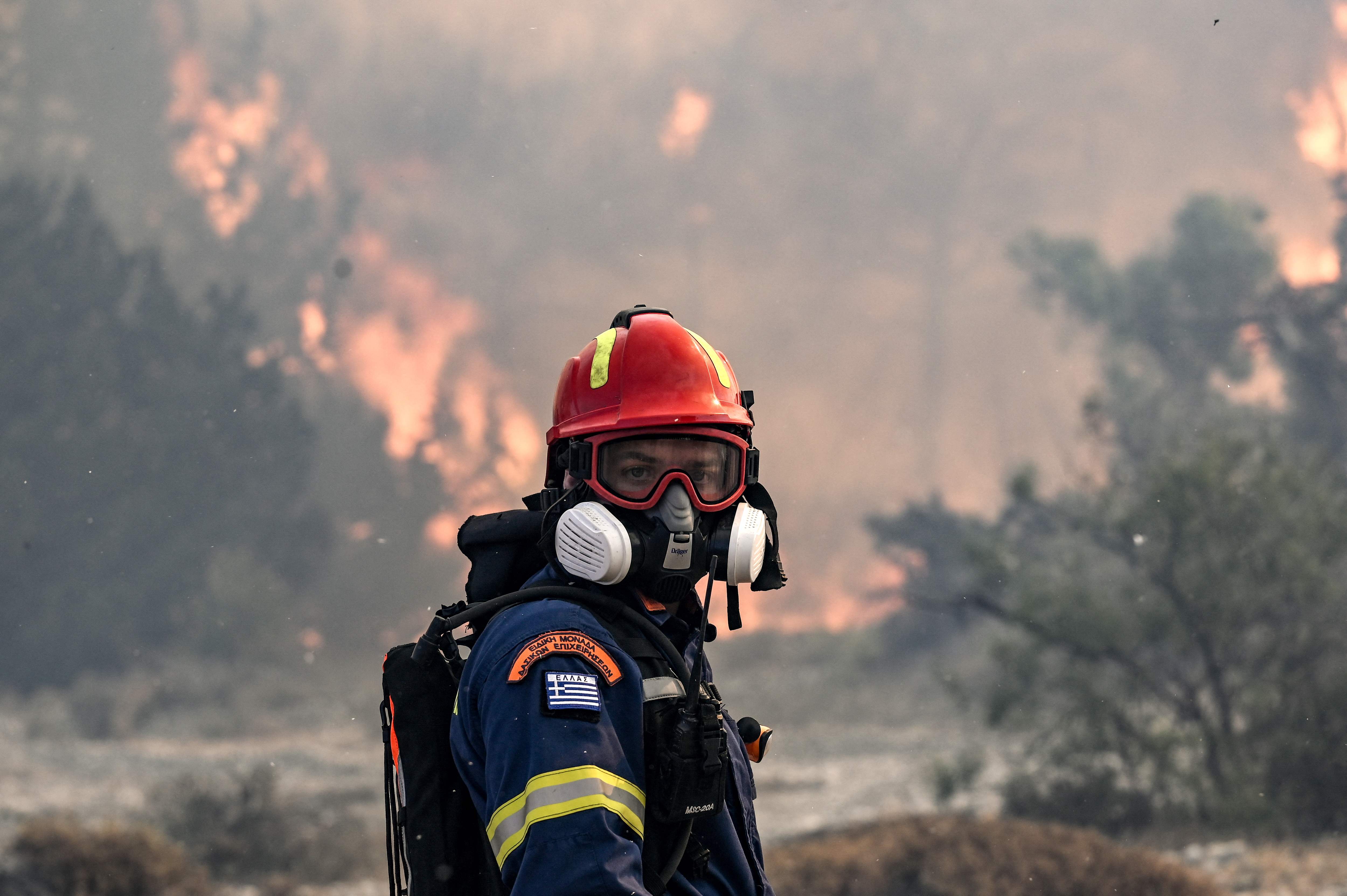
Your support helps us to tell the story
From reproductive rights to climate change to Big Tech, The Independent is on the ground when the story is developing. Whether it's investigating the financials of Elon Musk's pro-Trump PAC or producing our latest documentary, 'The A Word', which shines a light on the American women fighting for reproductive rights, we know how important it is to parse out the facts from the messaging.
At such a critical moment in US history, we need reporters on the ground. Your donation allows us to keep sending journalists to speak to both sides of the story.
The Independent is trusted by Americans across the entire political spectrum. And unlike many other quality news outlets, we choose not to lock Americans out of our reporting and analysis with paywalls. We believe quality journalism should be available to everyone, paid for by those who can afford it.
Your support makes all the difference.This month the world recorded its hottest ever average temperature, not just once but four times in four days. From Rhodes, to Algeria, to Canada, wildfires are raging – many of them beyond human control. The smoke is making it hard for people to breathe. Homes are being lost; biodiversity is being annihilated.
The frequency and intensity of recent wildfires, heatwaves, biblical rain and floods would be virtually impossible without the global heating caused by our burning of fossil fuels, and still carbon emissions continue to rise. We are literally playing with fire if we do not act hard and fast right now on curbing greenhouse gas emissions, both at an individual and a systemic level.
Global heating is exacerbating the natural El Nino weather phenomenon and bringing us dangerously close to climatic tipping points. We might even have already triggered something we cannot now control. The science cannot tell us this for sure. The extreme weather events witnessed across the globe within the last month have been predicted for decades by climate scientists. What we see now unfolding, sadly, is the outcome of 27 failed “Cops”, countless watered-down climate conferences, weak and shortsighted governments and a deliberate blurring of the climate science by well-funded, cynical and sophisticated vested interests.
Fleeing from your holiday hotel is extremely traumatic: billowing smoke filling the sky, flames wildly licking the air above them, encroaching extreme heat forcing you to abandon your possessions and run. Losing your home and livelihood, as residents of these areas are suffering, is even more traumatic.
Yet as morbidly gripping as scenes of fires in Greece and floods in eastern Canada are, we should be even more alarmed by some of the less dramatically visual symptoms of climate breakdown that we are experiencing this year: the unforeseen heatwaves in the ocean, a dramatic step change in the loss of Antarctic sea ice, and global temperature records set, not by small margins but by huge jumps.
In June, temperatures in the North Atlantic, off the west coast of Ireland, were between 4C and 5C above average for the time of year. The National Oceanic and Atmospheric Administration classed this as “beyond extreme”. As the oceans heat, sea ice melts, reducing its capacity to reflect sunlight (known as the Albedo effect), and so the oceans heat up even more. It is a dangerous cycle of activity, as this month’s figures have shown.
The Antarctic sea-ice is now a whopping 10 per cent lower than its previous record low – just let that sink in: 10 per cent lower. If a sprinter breaks the 100m world record by a couple of hundredths of a second, it is headline news. But if they were to break it by a whole second, we’d know something was not right. Similarly, the speed at which the ice has melted should be giving us cause for alarm.
The remaining scientific uncertainty as far as climate science goes lies in the concepts of cascading tipping points; the idea that melting ice, wildfires, and methane escaping from the permafrost could trigger further uncontrollable warming with devastating implications for us all.
Beyond the science, the real mysteries lie in government inaction, and the low profile most of these events have had in most of the press.
How can all this be explained? The oil and gas industry has been following a clear template that was developed decades ago by the tobacco industry, for how to delay policy response to inconvenient science. Well-funded groups with strong links to much of the media have cynically set out to confuse the public and steer the politics.
We are routinely deceived on climate policy by government ministers. To give just two examples, Grant Shapps must know it is untrue to say that failure to exploit new oil and gas in the North Sea will lead to surging energy prices and when Michael Gove said he had looked at the evidence for the Cumbria Coal mine, to me it seemed clear that he had favoured evidence funded by the coal mining company over much more rigorous, robust and independent counter-evidence provided by top level experts in their fields.
More than ever, we need honesty and integrity from our politicians. We need to cut the routine bulls**t in order to stand a chance of cutting carbon emissions. All of us need to be more careful than ever before to vote only for those who are careful with truth. The symptoms of climate breakdown will be worse from now on, whatever we do. But if we act fast and if luck is on our side, we can avoid global catastrophe. It is that serious.
Mike Berners-Lee is an author, environmental consultant and a professor at Lancaster University
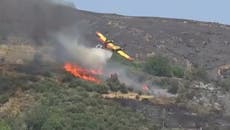
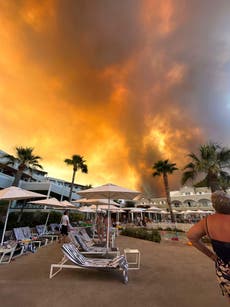
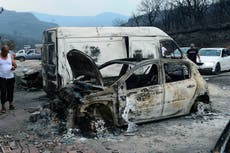
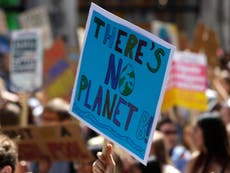
Join our commenting forum
Join thought-provoking conversations, follow other Independent readers and see their replies
Comments